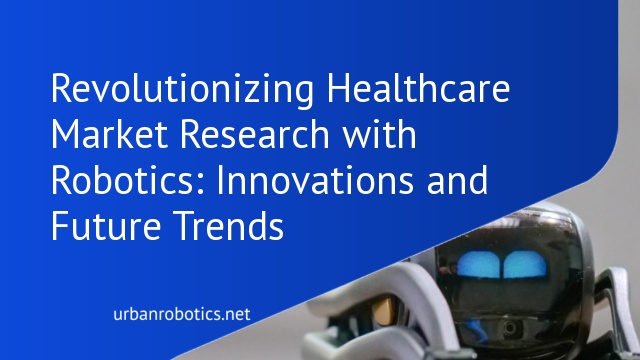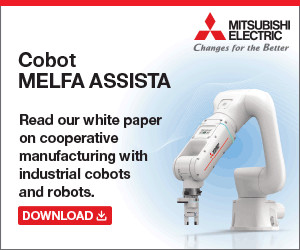Overview Of Healthcare Market Research
Healthcare market research involves collecting, analyzing, and interpreting data related to various health sectors. This data helps identify trends, understand patient behaviors, and evaluate the effectiveness of treatments. Our primary goal is to gather actionable insights that can guide healthcare providers and stakeholders.
Key areas of healthcare market research include:
- Patient Needs Analysis: Assess unmet needs, preferences, and experiences to design better healthcare services.
- Treatment Outcomes Evaluation: Measure the success of therapies and interventions to improve patient care.
- Market Trends Identification: Detect emerging trends, such as new medical technologies, to stay competitive. For instance, understanding the rise of telemedicine benefits strategic planning.
- Competitive Analysis: Analyze competitors to identify strengths and weaknesses, providing a tactical advantage.
- Regulatory Impact Studies: Examine how regulatory changes affect the healthcare landscape.
Using robotics enhances these areas by providing accurate, timely data. When integrating robotics, the efficiency and precision of market research increase significantly. This innovation allows us to handle larger datasets effectively, leading to more robust and reliable insights.
Role Of Robotics In Healthcare
Integrating robotics into healthcare enhances accuracy and efficiency. It’s a crucial element in modernizing and optimizing healthcare market research.
Benefits Of Using Robotics
Robotics improves data collection by providing real-time, precise information. It enhances patient monitoring, ensuring timely interventions. Automation reduces human error, increasing reliability and consistency. Robotics can process large datasets quickly, delivering comprehensive insights faster.
Types Of Robotics In Healthcare Research
Robotic surgery systems perform minimally invasive procedures, reducing recovery times. Diagnostic robots assist in imaging and pathology, identifying diseases efficiently. Telepresence robots enable remote consultations, bridging the gap between patients and specialists. Data collection robots gather and analyze patient information, supporting comprehensive research.
Case Studies And Real-World Applications
Healthcare market research with robotics has seen numerous successful implementations and invaluable lessons.
Successful Implementations
Hospitals have adopted robotic surgery systems, such as the Da Vinci Surgical System, to perform minimally invasive procedures. These systems increase precision and reduce recovery times. Diagnostic robots, like those used at Mayo Clinic, efficiently identify diseases with high accuracy, enhancing early intervention. Telepresence robots enable remote consultations, bringing specialist care to underserved areas, as evidenced by their use in rural healthcare facilities.
Lessons Learned
From our experience with robotic implementations, we learned the importance of robust training for healthcare professionals handling these technologies. Ensuring data security and patient privacy remains paramount when using robots for data collection. We also noticed that integrating robotics requires a significant initial investment, but the long-term benefits in operational efficiency and patient care are substantial.
Challenges And Considerations
Integrating robotics into healthcare market research presents several challenges. Ethical concerns and data security are prominent among these considerations.
Ethical Concerns
Ethical concerns arise when using robotics in healthcare market research. Patient consent must be explicit, ensuring transparency. Managing potential biases in data collection, due to algorithmic designs, is crucial. For example, biases in AI models can skew demographic data. Addressing these issues helps maintain integrity. Ethical frameworks, like the Belmont Report, offer guidelines for researchers.
Data Security
Data security is paramount in healthcare market research involving robotics. Sensitive information, including patient records, requires stringent protection. Implementing robust encryption standards, such as AES-256, ensures data remains secure. Regularly updating security protocols minimizes the risk of breaches. Compliance with regulations like HIPAA is essential. We must prioritize data security to maintain trust and integrity in research processes.
Future Trends In Robotics For Market Research
Advancements in AI and machine learning significantly impact robotics in healthcare market research. Predictive analytics, powered by AI, enable robotics to forecast market trends by analyzing large datasets. This improves decision-making and strategic planning.
Automated data collection systems streamline data gathering processes. Robots equipped with sensors and other data-gathering tools collect real-time information from patients and healthcare settings, ensuring accuracy and reducing manual errors.
Virtual reality (VR) and augmented reality (AR) integration offer immersive environments for testing new healthcare devices. Researchers use these virtual platforms to gain insights into user experiences and preferences, enhancing product development.
Robotic process automation (RPA) optimizes survey distribution and data analysis. RPA systems handle repetitive tasks like sending questionnaires and compiling responses. This improves efficiency and allows researchers to focus on deeper insights.
Ethical AI frameworks ensure transparent and unbiased data collection. AI-driven robots operate within ethical guidelines, maintaining patient confidentiality and integrity in research processes.
Emerging trends like personalized healthcare recommend robotics for tailored market research strategies. Customizable robots adapt to individual patient needs, offering precise data for developing targeted healthcare solutions.
Conclusion
Robotics in healthcare market research is transforming the way we gather and analyze data. By leveraging advanced technologies like AI-driven analytics and automated data collection, we’re setting new standards for efficiency and precision. The integration of VR and AR, coupled with ethical AI frameworks, promises a future where decision-making is more informed and personalized healthcare strategies are more effective.
As we embrace these innovations, it’s crucial to address challenges like ethical considerations and data security. With proper training and investment, the long-term benefits of robotics in healthcare market research far outweigh the initial hurdles. Let’s continue to explore and implement these technologies to revolutionize our approach to healthcare research.





